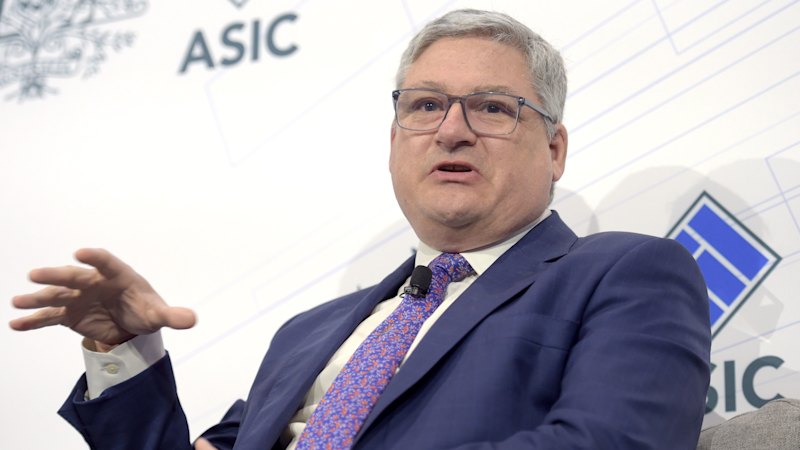
The chief investment officer of the Future Fund, a sovereign wealth fund valued at $260 billion, has addressed concerns regarding potential overvaluation in the artificial intelligence (AI) sector. Speaking at the ASIC 2025 Annual Forum in Melbourne, Dr. Raphael Arndt expressed confidence in the sustainability of AI investments, highlighting the technology’s broad applications and potential to enhance productivity across various sectors.
Arndt acknowledged the debate surrounding rapidly increasing valuations of AI companies and significant investments in AI-related infrastructure, such as data centres. “I don’t think it’s a bubble—I think there’s a risk of a bubble,” he stated. He emphasized that current AI capital expenditure has been primarily funded by earnings, which he believes indicates a more stable investment environment rather than speculative frenzy.
According to a report by UBS, global spending on AI is projected to reach US$375 billion in 2024. The market has seen the emergence of nearly 500 AI ‘unicorns’, companies valued at over US$1 billion, with around 100 of these founded since 2023. Arndt noted that the Future Fund maintains substantial exposure to AI across its entire value chain, from data centres to applications.
Future Fund’s Strategic Position in AI
The Future Fund has reported investment returns exceeding $200 billion for the first time as of September. Established in 2006, the fund aims to address Australia’s unfunded superannuation liabilities. While specific investments in AI-related businesses are not disclosed, Arndt highlighted AI’s potential to significantly enhance productivity in sectors such as healthcare, aged care, and childcare.
Despite the optimism surrounding AI’s impact on productivity, some experts express caution. Dr. David Gruen, Australian Statistician, noted that while technological advancements are evident, measurable productivity growth remains elusive. He stated, “GDP per capita growth in the year to June was only 0.2 percent,” describing it as “sluggish.” Gruen added that despite ongoing technological change, its aggregate impact on productivity has not yet manifested as expected.
The expansion of data centres is critical to supporting AI’s growth, as they provide essential computing power for data analysis. In February, the Future Fund increased its stake in CDC, the largest operator of data centres in Australia and New Zealand, to 34.6 percent. In a June address, Greg Combet, chair of the Future Fund board, remarked that the fund anticipates rapid advancements in AI technology.
Market Dynamics and Future Projections
The potential for AI to drive productivity growth has attracted considerable interest from investors. A report by Goldman Sachs suggests that widespread adoption of generative AI could lead to a 15 percent boost in productivity. The AI market has experienced extraordinary growth, exemplified by Nvidia, which recently became the first public company to reach a market capitalization of US$5 trillion.
In contrast, investor Michael Burry, known for his successful bet against subprime mortgages prior to the 2008 financial crisis, has reportedly placed a US$1.1 billion bet against the stock prices of AI companies Nvidia and Palantir Technologies, reflecting concerns about potential market corrections.
The Future Fund’s significant presence in global markets positions it as a major player in the US stock market, which has surged this year, driven by strong performance in technology stocks amid growing enthusiasm for AI. However, Combet cautioned about the increasing risks associated with investments in the United States, attributing some of this volatility to policies enacted during the Trump administration.
As discussions around AI continue to evolve, the Future Fund remains committed to leveraging opportunities within this burgeoning sector while navigating the complex landscape of technological advancement and market dynamics.






